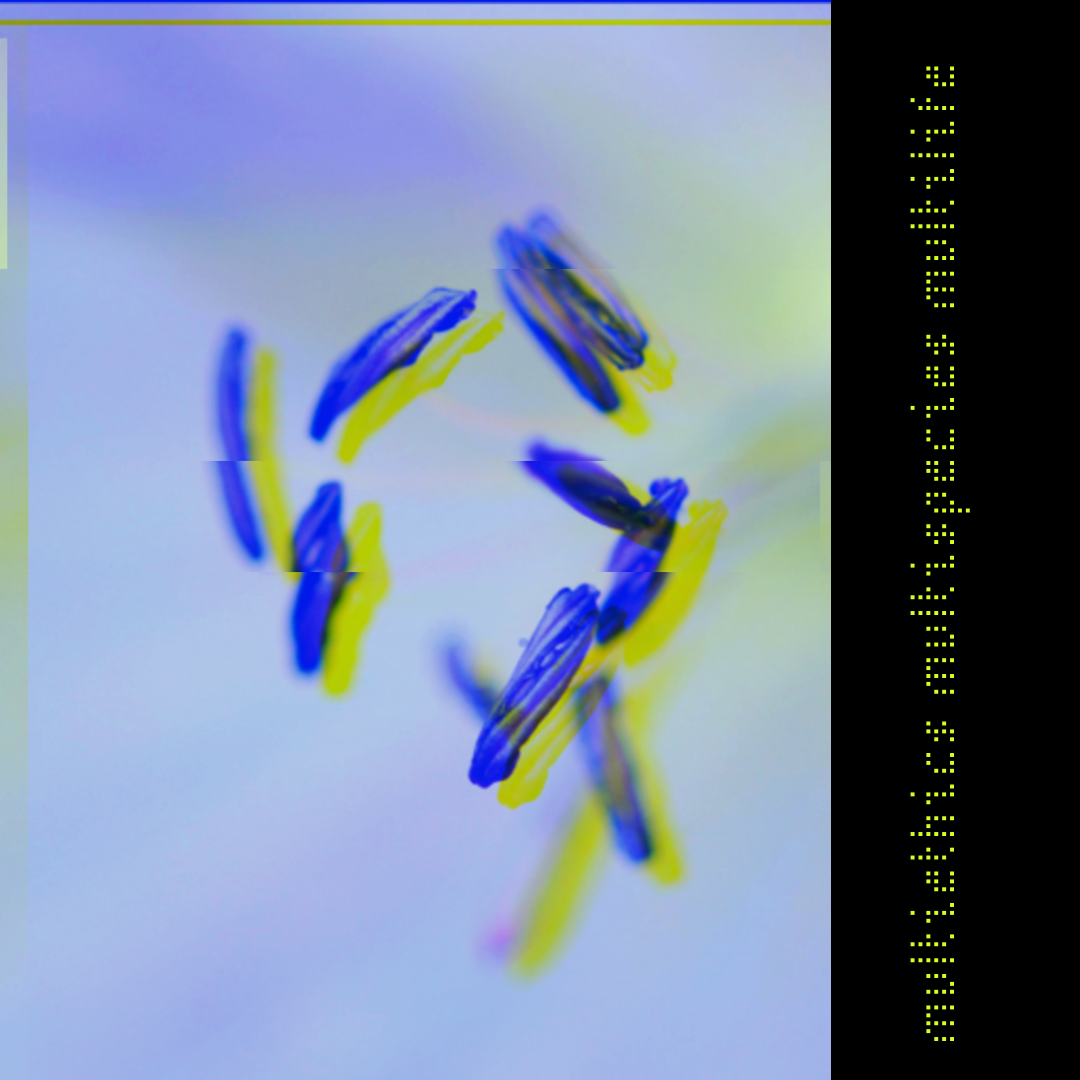
Jay Udall
Artist Statement: Talking & Listening to Plants
Beginning at the age of eight or nine, I was allowed to freely roam alone through the woods around our house and along the Potomac River in northern Virginia.
I never recovered.
Wandering under and among the towering tulip poplars, maples, and oaks, the sassafras and paw paw, the mosses blanketing granite boulders, the ferns unfurling from the forest floor, the bluebells that wilted almost the moment you picked them, the vines hanging down fifty feet or more from sycamore branches near water’s edge, I rarely saw another person, but didn’t feel alone. I felt somehow taken in, at home in those presences in a way that resists rational explanation. Maybe it was partly an escape from my loving but large and noisy family, but those places exerted their own strong pull on my young psyche and gave me my first experiences of intimate connection to the breathing green world.
My poem in this issue plays off Walt Whitman’s “When I Heard the Learn’d Astronomer,” a piece in which the great bard critiques a 19th-century scientist’s reduction of the cosmos to “proofs,” “figures,” “charts and diagrams.” The astronomer’s presentation leaves the poet feeling “tired and sick” because it lacks any sense of awe, wonder, or visceral connection—qualities Whitman recovers when he leaves the lecture hall and wanders out under the stars in “the mystical moist night air.”
The poem stands out in Whitman’s oeuvre because it’s the only one that portrays him arguing with science. He loved how the new science of his time opened up further vistas of thought and imagination to explore. Consider, for example, how he draws on physics in the opening lines of “Song of Myself” to introduce the logic that drives his expansive poem: “For every atom belonging to me as good belongs to you.” In a similar way, I believe Whitman would exult in the new science of plant intelligence, for its mind-bending insights hold the power to transform our understanding of the planet that sustains us. As contemporary botanists like Stefano Mancuso have shown, plants demonstrate an active, acute awareness of their environments, responding to a wide range of stimuli with complex strategies to ensure their survival and proliferation. The latest science of plant intelligence gives us a green world that is much more perceptive, animate, and multi-dimensional than previously thought—a world that we still only partly comprehend. Yet perhaps this is the deeper reality so many have intuited in diverse settings and cultures throughout human history.
Jay Udall has authored six books of poetry, most recently Because a Fire in Our Heads, winner of the 2017 X.J. Kennedy Prize. His previous volume, The Welcome Table, won the New Mexico Book Award. His work has appeared in publications such as North American Review, Beloit Poetry Journal, Prairie Schooner, Birmingham Poetry Review, Rattle, and Verse Daily. He lives in northern Virginia with his wife and daughter.

